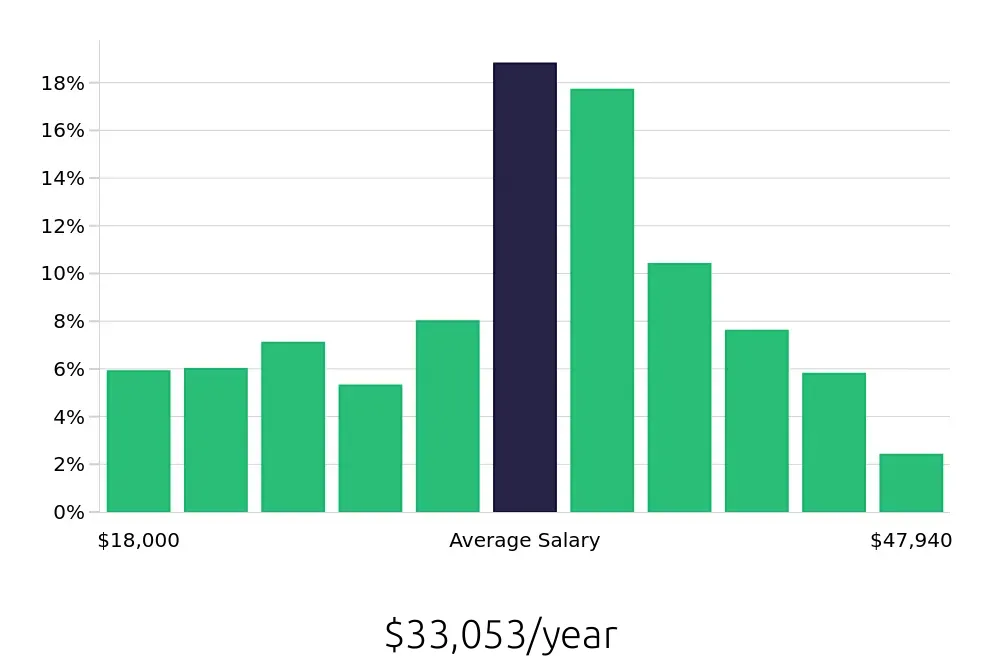Position
Overview
A Stacker operates in a warehouse, focusing on organizing and stacking materials efficiently. This role demands physical strength and attention to detail. A Stacker lifts and moves heavy items, ensuring they are placed in designated areas. Proper stacking methods help maintain an orderly environment, enhancing productivity. Stackers use forklifts or other equipment to handle materials safely.
The Stacker ensures the correct placement of goods, keeping them secure for retrieval. This position requires teamwork, as Stackers often collaborate with other warehouse staff. Effective communication and a strong work ethic are essential. Stackers contribute to smooth warehouse operations, supporting the business’s logistics and supply chain. This role is vital for ensuring that products are ready for dispatch and delivery.
Becoming a Stacker can lead to a rewarding career in logistics and warehousing. This role involves arranging and stacking products to ensure efficient storage and easy retrieval. Here is a straightforward guide to help you start your journey.
First, it is essential to understand the basics of a Stacker's job. Stackers need to organize and stack goods on shelves or in storage areas. They also must read and follow safety guidelines to avoid accidents. With dedication and the right steps, anyone can succeed in this role.
The time it takes to become a Stacker can vary. It depends on your background and the specific requirements of the job. Most people find that training takes a few days to a couple of weeks. Companies often provide on-the-job training, which makes learning easier and faster. Some may offer more formal training programs that last a few weeks.
To prepare, you should know basic safety practices and understand how to use stacking equipment. Many employers look for candidates with a high school diploma or equivalent. Some experience in a warehouse or similar environment can be very helpful. Understanding the importance of organization and attention to detail can speed up the learning process. With the right training and dedication, you can become a skilled Stacker in a short time.
We are seeking a skilled Stacker to join our team. The successful candidate will be responsible for the precise stacking of materials in warehouses, ensuring efficiency and accuracy in the storage and retrieval process. This role requires attention to detail, physical stamina, and the ability to work in a fast-paced environment.
Responsibilities:
Qualifications
Stacking jobs play a crucial role in many industries, from retail to manufacturing. People who work as stackers arrange products on shelves or pallets. This task requires attention to detail and physical strength. Companies value stackers for their ability to keep inventory organized and easily accessible. Employers often seek candidates who can work quickly and efficiently.
Stacking roles offer several benefits. Many companies provide training and on-the-job experience. This can help people develop new skills. Stacking jobs often offer steady work and the potential for overtime. Warehouse environments can have consistent schedules, which is good for work-life balance. However, it is important to consider the physical demands of the job.
Before applying for stacking roles, think about the pros and cons.
Stacker roles offer a stable career path for job seekers in the logistics and warehouse sectors. With an average of 12,200 job openings annually, according to the Bureau of Labor Statistics (BLS), professionals can expect consistent opportunities. The national average annual compensation stands at $42,570, making this role financially rewarding. These factors combine to present a strong outlook for those entering or advancing in this field.
While job openings are projected to decrease by 6.1% from 2022 to 2032, this is a slight change. The demand for efficient logistics and warehouse management remains high. Technological advancements and the growth of e-commerce will continue to drive the need for skilled stackers. This role will evolve, offering job stability and growth potential. Candidates should stay updated with industry trends to maintain competitiveness.
The average hourly compensation for stackers is $20.46, providing a reliable income. This role benefits from reasonable entry requirements, making it accessible to many job seekers. With training and experience, professionals can increase their earnings and responsibilities. The BLS data highlights a balanced outlook for stackers, combining steady demand with fair compensation. Job seekers should consider this role for its stability and growth opportunities.
